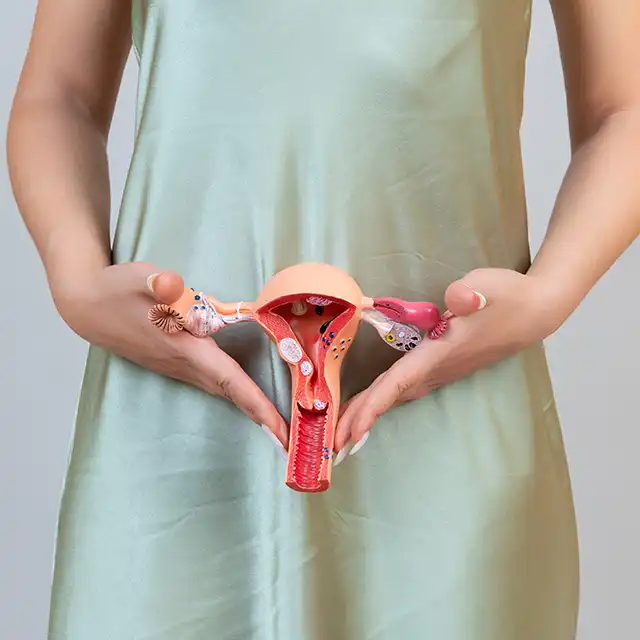
Asthma is a long-term condition affecting the lungs in which there is a narrowing or blockage of the breathing passage due to inflammation or excessive mucus production. Asthma is most associated with difficulty in breathing which it can occur at any age, but it’s most commonly seen in childhood.
Symptoms
The symptoms of asthma are generally temporary but sometimes can get worse and be uncontrollable, called an asthma attack. The more common identifiers of asthma include:
- Shortness of breath or breathlessness
- Persistent or recurrent episodes of coughing with a whistling sound
- Tightness of the chest
- Sputum production while coughing, often in the form of plugs and threads
Causes
The exact cause of asthma is not known yet, but it can happen due to hereditary or environmental triggers. Some of the factors associated with asthma are:
- Parents who have asthma
- Contact with airborne allergens and irritants
- Inherited tendency to allergies in childhood or infancy when the immune system is developing (food allergies, any illness)
- Infections such as common cold, flu, influenza
- Physical activity, including exercise
- Gastroesophageal reflux disease (GERD) or acid reflux
- Use of medications such as non-steroidal anti-inflammatory drugs (NSAIDs) and beta-blockers
Diagnosis
The diagnosis of asthma starts with the study of family history and can include a physical examination and lab tests. Your doctor may diagnose it based on the inferences from:
- Examination of self and family medical history in terms of allergies, GERD, flu-like symptoms, and active or passive smoking.
- A physical examination of the lungs including lung sound (wheezing or whistling), breathing rate and heart rate
- Investigations into the colour and texture of sputum, along with chest X-ray, lung function test, peak flow test.
Treatment
There is no cure for asthma but there are several therapies to control the symptoms, allowing an individual to live a normal and active life. These therapies depend on age, symptoms and asthma triggers.
The most commonly prescribed medications to control asthma are inhalers (medicine delivery devices) which quickly target the airways and provide relief.
Medications used in inhalers are:
- Bronchodilators that work to open or widen the narrowed breathing passage. Ex.- salbutamol, levo-salbutamol, terbutaline, formetorol
- The other common class of drugs used to control and prevent asthma are steroids that reduce inflammation. Examples inculde beclomethasone, budesonide, fluticasone, mometasone.
Keeping a track of asthma triggers and taking steps to avoid or reduce exposure to them can help keep symptoms under control.

















